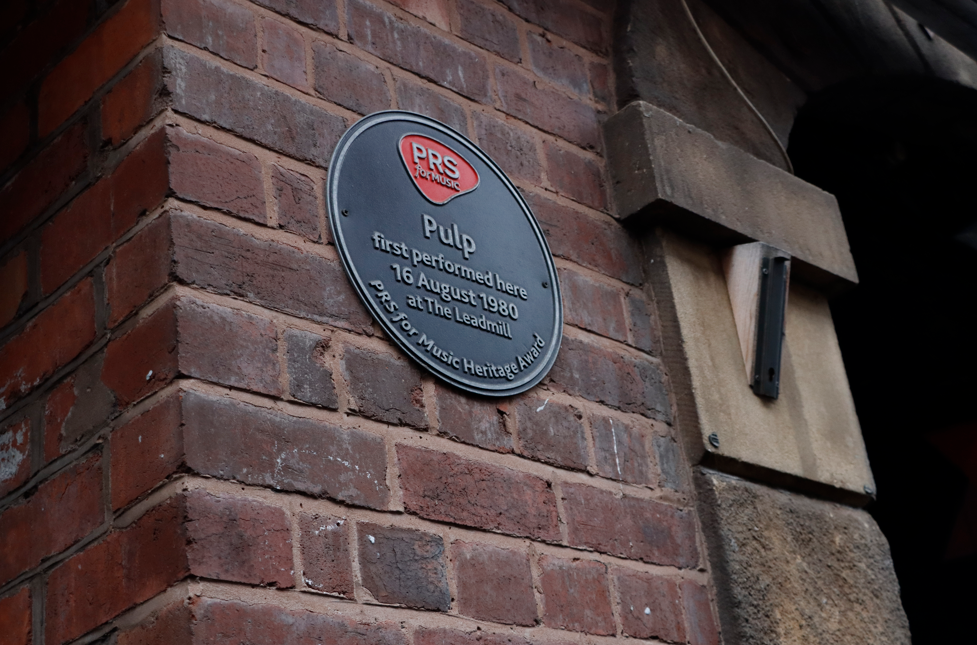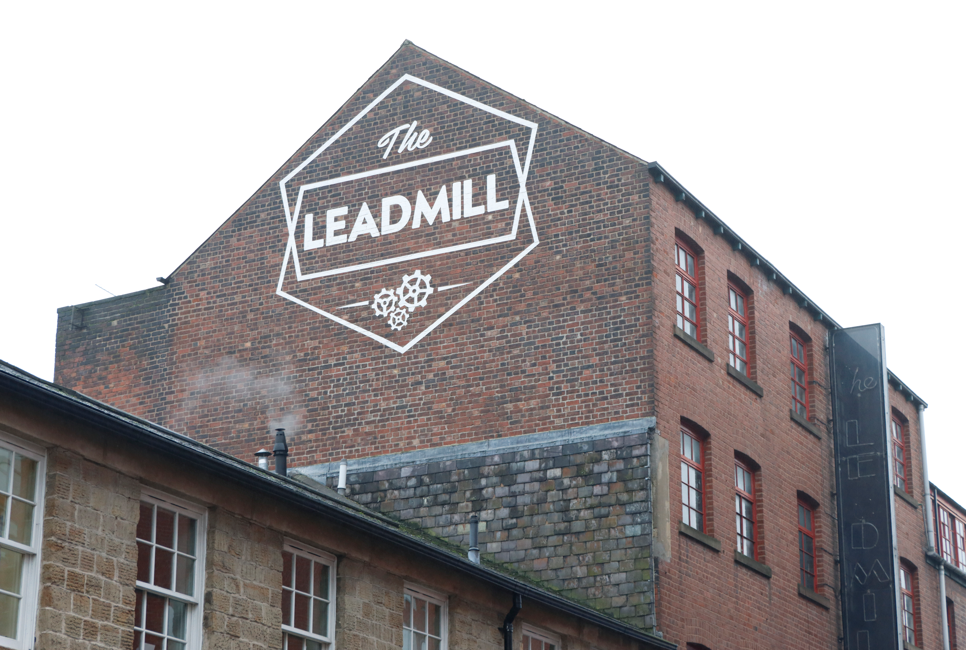The fight to save the iconic music venue, The Leadmill, continues as its tenants plan to defend their case next week in a “pivotal legal battle” with their landlord.
Next week details of the long-standing row will be heard at Leeds Business and Property Court.
The grassroot music venue, which has seen iconic bands such as Pulp, Oasis, Arctic Monkeys and The Stone Roses adorn their stage, announced on Instagram this week that “the fight to save The Leadmill is here.”
The post explained that they will be “heading to Leeds Property and Business Court for a pivotal legal battle to protect the future of The Leadmill.”

The legendary club, opened its doors in 1980, and is the city’s longest running live music venue and nightclub.
The venue, located next to Sheffield Railway Station, has won national awards from the NME and Live UK, as well as having been voted Sheffield’s best live music venue on numerous occasions.
The Leadmill’s eviction battle so far
The ongoing battle began in March 2022, when the owners of the premises, Electric Group, served an eviction notice to the managers of The Leadmill, ordering them to vacate the property by March 2023.
Electric Group, co-owned by Dominic Madden and Jacob Lewis, bought the venue from MCR Properties in 2017 and have claimed they have no intention of closing the space as a music venue but do plan to change the name.
Management of The Leadmill have disputed this, stating: “Forcing us out onto the street would not only devastate and degrade the wider community but also The Leadmill staff would lose their jobs and their livelihoods at the hands of the landlord.
“If we lose this battle, every business tenant will be at risk. It would set a dangerous precedent for cultural institutions and businesses alike.”
In May, The Leadmill Ltd won their first legal battle against eviction, when their lawyer argued the landlord’s approach was unlawful and the intention to run the venue in the same way breaches Article 1 of the Human Rights Act.
The Leadmill Ltd’s legal team also commissioned a report, estimating the cost for the landlords to get the venue back up and running. This was said to be approximately £4.7m, and the company’s legal team argued Mr Madden had not provided evidence that he could afford this.
This was challenged by Mr Madden’s legal representation, who stated his client has access to a £2m loan to support any improvements and would be able to access more if needed.
At the hearing The Leadmill Ltd’s lawyers applied for an adjournment in order to respond to the evidence delivered by Mr Madden’s legal team and for a new legal team for the venue to put forward an additional plea.
Sheffield Wire has reached out to The Leadmill and Mr Madden for comment, but they said they were unable to ahead of next week’s case.
What do Sheffielders think about The Leadmill’s eviction battle?
The eviction battle, which has proved to be a confusing and long-winded dispute between the venue and its landlords, has left the people of Sheffield unsure as to what the future holds for The Leadmill.
Jack Senior, 27, who has attended events at The Leadmill over the years, said: “It feels like something that will never actually happen, it seems to have been going on for a long time.
“It is Sheffield’s venue. The Leadmill is The Leadmill.”
For many Sheffielders that will not change in the eyes of the people regardless of the potential rebrand.
However, others were more open to the idea of enhancing and remodelling the venue.
James Shaw, 57, said: “At least it’s not shutting. As long as it stays as a music venue, I’m happy. It’s got a massive reputation. I’ve seen Pulp there, but I guess we will see how much it changes.”
Many people emphasised the value of The Leadmill to Sheffield as a cultural hub and criticised the landlord’s intentions with the property.
Tia Giove, 27, said: “It is so important to Sheffield. It is a historical building and it is essential to the music and culture scene. So many iconic bands have come out of it, such as Pulp who have gone international.
“It’s very backed by the people but in this day and age, money is more important than what really matters, the culture. ”

Performing Right Society for Music plaque for Pulp at The Leadmill.
Why do we need to protect Grassroot Music Venues?
Research around Grassroot Music Venues (GMV) in the UK has shown a serious decline in recent years.
Music Venue Trust, a UK registered charity that protects and improves UK GMV, produced their Annual Report which showed a loss of 125 trading GMVs.
Since the pandemic the industry has faced a series of challenges leading to a disturbing number of closures and job losses.
The report stated the industry saw members of GMV drop to 835 from 960 in 2022 and revealed 51.4% were found to have fully closed as a trading business.
Creative Industries Minister, Sir Chris Bryant, has called on the live music industry to work together to introduce a voluntary levy on all stadium and arena tickets after the government urged the industry to join forces to safeguard the future of the grassroot sector.
The grassroot music sector is at the core of the UK’s £6.7bn music industry and it offers emerging artists the space to develop their craft, employing more than 28,000 people.




